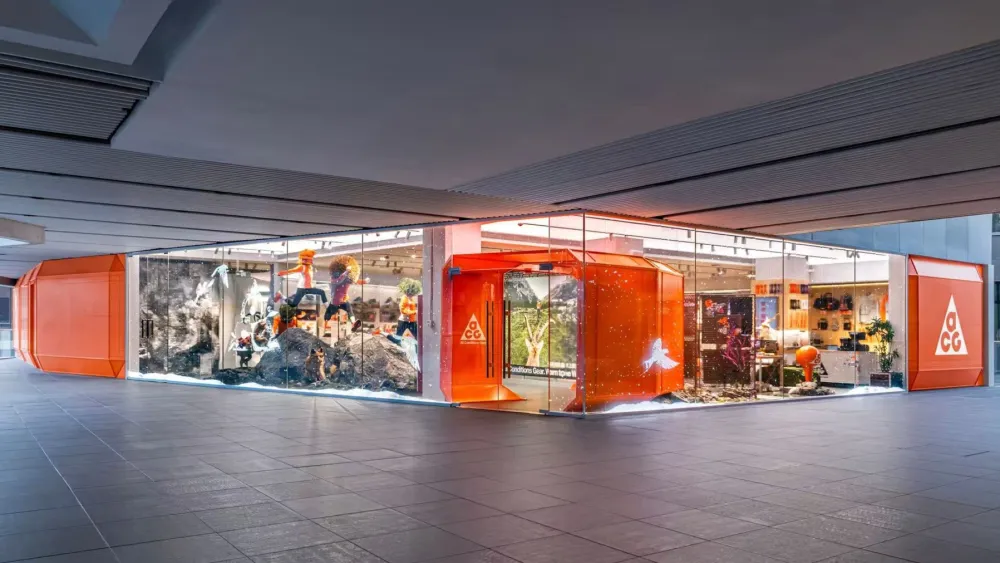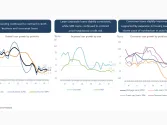
IKEA uses AI-improved demand sensing technology for accurate customer data
Demand sensing has seen success in IKEA from its pilot in Norway last 2020.
IKEA Retail (Ingka Group), through a three-year collaboration with Inter IKEA Systems, Blue Yonder, and other key players, has implemented AI-driven technology and demand sensing for an improved customer experience.
The new AI enhancements serve as a significant turn for IKEA in its omnichannel strategy.
The process of demand sensing allows companies to accurately examine short-term demand patterns over various channels through customer insights, market events, price ranges, marketing campaigns, weather reports, and economic factors.
Aside from its accurate reporting of customer preferences, the new demand-sensing technology has supported workers with accurate forecasts and adoption from shifting data variables. With improved planning tools, IKEA workers have their productivity enhanced with strategic decisions, prompted by demand sensing.
ALSO READ: Retail in South Korea grows 8.7% in November
An initial pilot of demand sensing took place in Norway last 2020, which saw significant improvement in accurate forecasts, customer interactions and coworker collaborations. Through its official implementation, IKEA Portugal has seen similar significant success with forecast accuracy of up to 5%.
“AI has been a game-changer for us, making our routine tasks easier with the use smart models. However, the tool is only as good as the data it provided. The real heroes here are our coworkers, as they bring invaluable insights and always ensure the quality of data is there,” Parag Parekh, Global Chief Digital Officer of Ingka Group, stated.
With the success of the AI-enhanced demand sensing technology, IKEA is foreseeing utilising more of its capabilities for an improved shopping experience.



















 Advertise
Advertise





